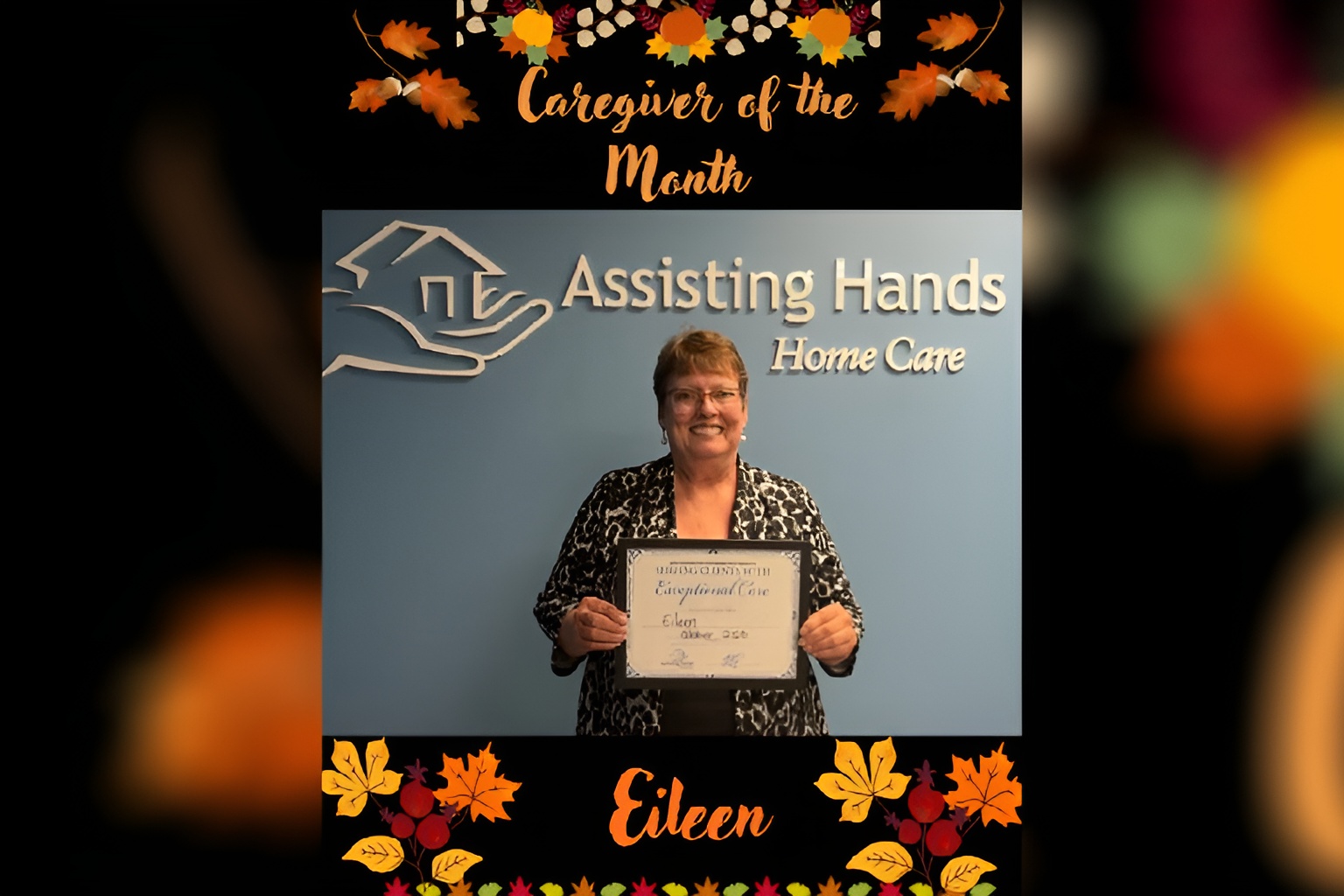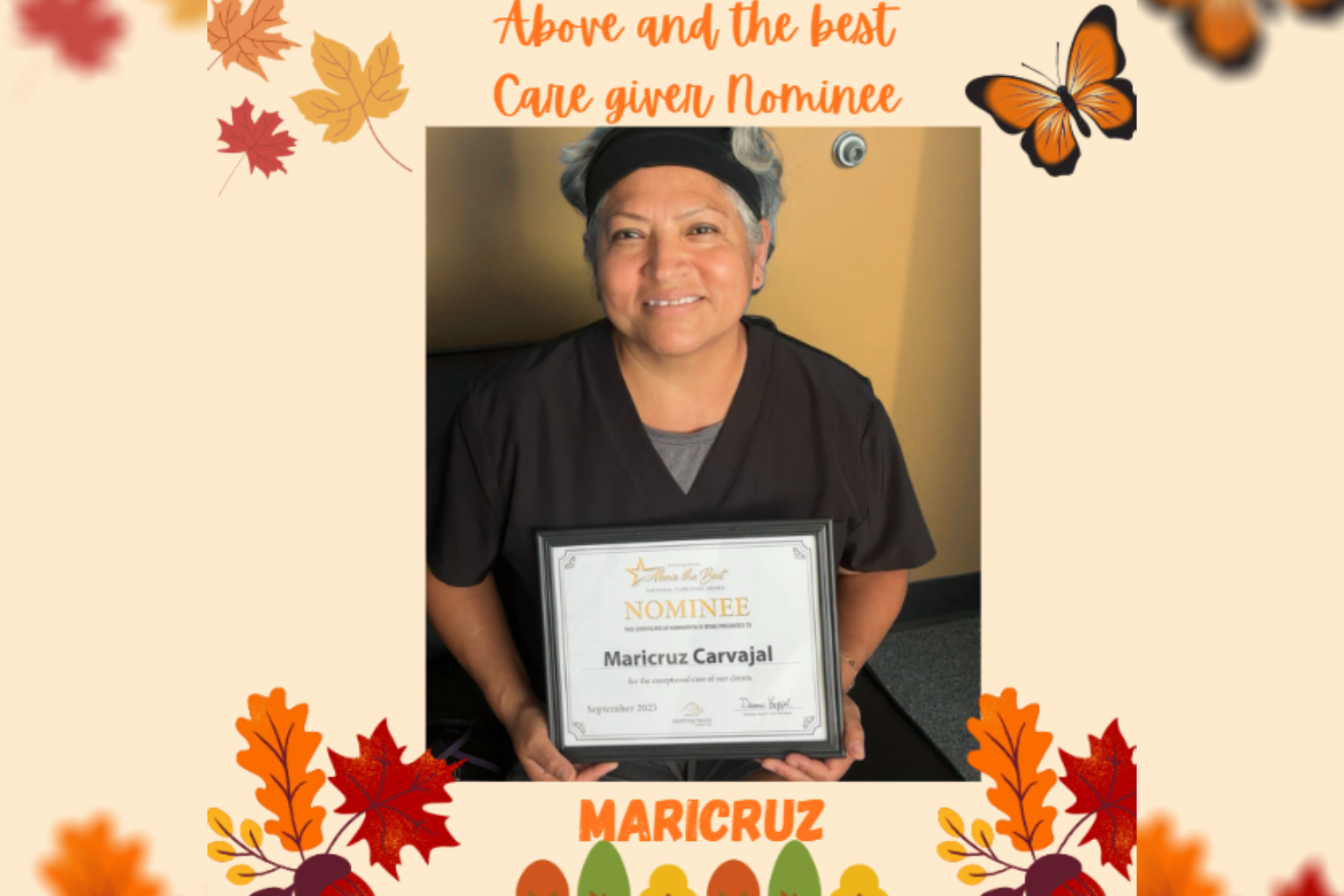
Table of Content
Caring for a senior loved one with a chronic illness is both a challenging and rewarding role. While the emotional connection can offer a sense of purpose, the demands of caregiving can take a toll on your physical, emotional, and mental wellbeing. Implementing effective strategies can help you manage your responsibilities while maintaining balance in your own life.
Understand the Illness and Its Impact
One of the first steps in caregiving is gaining a thorough understanding of the chronic illness your loved one is living with. Knowledge empowers you to anticipate challenges and provide better support.
- Learn about symptoms and progression – Research the illness, including its symptoms, possible treatments, and long-term progression. This will help you set realistic expectations about your loved one’s needs.
- Stay informed – Join relevant support groups, attend workshops, or consult trusted medical resources to stay updated on advancements in care.
- Ask questions – Don’t hesitate to ask healthcare providers for clarification or advice. Understanding medical jargon and treatments is crucial for effective caregiving.

Plan and Prioritize Tasks
Managing caregiving duties alongside other responsibilities like work or personal life can be overwhelming. Creating a clear plan can help you stay organized and reduce stress.
- Develop a daily schedule – Chart out your loved one’s needs, such as medication schedules, doctor visits, meal preparation, and physical care routines. Having a plan ensures nothing important is overlooked.
- Prioritize essential tasks – Focus on what must be done each day. Other nonurgent duties can be delegated or scheduled later.
- Use helpful tools – Leverage mobile apps or digital calendars to track appointments, medication times, and reminders to streamline your efforts.
Aging adults who require assistance with the tasks of daily living can benefit from reliable in-home care. Libertyville, IL, families trust Assisting Hands Home Care to provide the high-quality care their elderly loved ones need and deserve. Our caregivers are trained to help seniors prevent and manage serious illnesses and encourage them to make healthier decisions as they age.
Build a Support Network
Caregiving isn’t something you have to face alone. Leaning on a network of people who understand and can provide aid is invaluable.
- Connect with family and friends – Don’t hesitate to ask for help with specific tasks, such as grocery shopping or accompanying your loved one to appointments.
- Join support groups – Engage with others who are in similar caregiving roles. These groups offer emotional support, empathy, and practical advice.
- Hire professional help when needed – Employing a part-time caregiver or nurse can alleviate some responsibilities, allowing you to focus on what truly matters.
Hiring a professional caregiver is one of the best ways to help your whole family. If your senior loved one needs help managing an illness or assistance with daily tasks, make sure you choose a top-rated provider of home care. Assisting Hands Home Care is here to help your loved one live a happier and healthier life in the golden years.
Practice Self-Care
While caregiving often centers on your loved one’s wellbeing, your self-care is equally important. Ignoring your own health may lead to burnout, reducing your ability to provide care.
- Set boundaries – Allocate time for yourself each day, even if it’s just a peaceful 15-minute walk or reading your favorite book.
- Prioritize physical health – Eat nutritious meals, get regular exercise, and ensure adequate sleep to maintain your strength and stamina.
- Seek counseling or therapy – Talking to a professional can help you process emotions such as guilt, stress, or frustration, which are common in caregivers.
Advocate for Your Loved One
Caregivers often step into the role of advocate, ensuring their loved one receives the necessary care and resources. This involves taking an active role in healthcare management.
- Communicate with healthcare providers – Attend appointments with your loved one and take notes to stay informed about his or her treatments and progress.
- Understand insurance and benefits – Familiarize yourself with insurance policies, medical coverage, and any financial support programs available.
- Address your loved one’s emotional needs – Chronic illness can take an emotional toll on your loved one. Be there to listen, offer encouragement, and create an environment where your loved one feels safe and supported.
Whether you need respite from your caregiving duties or your aging loved one needs live-in care, Libertyville, IL, Assisting Hands Home Care can meet your family’s care needs. Our dedicated caregivers are available around the clock to provide transportation to doctor’s appointments, ensure seniors take their prescribed medications, and help with a variety of tasks in and outside the home. If you need professional care for your loved one, Assisting Hands Home Care is just a phone call away. Reach out to one of our Care Specialists today.







